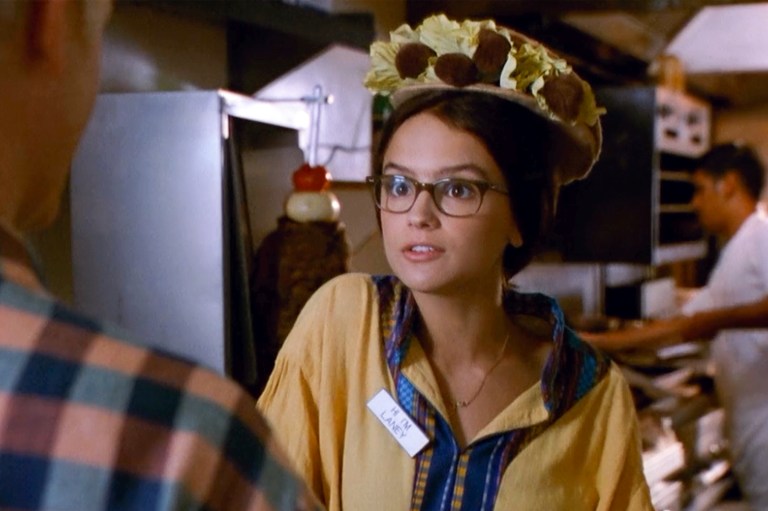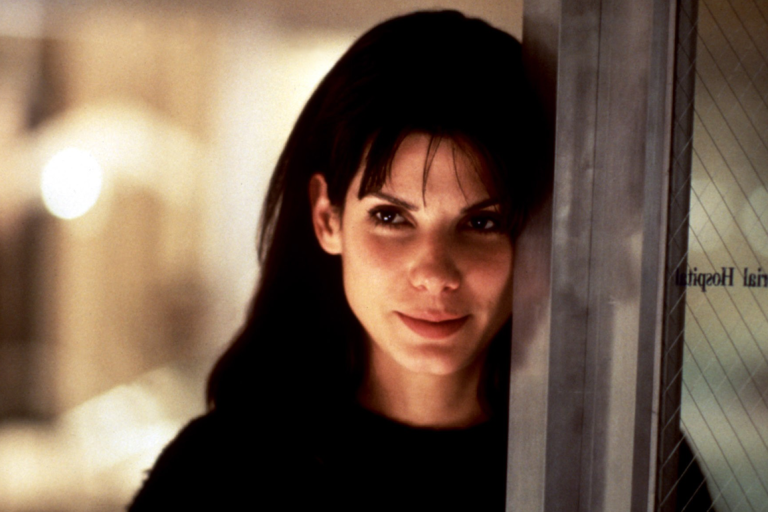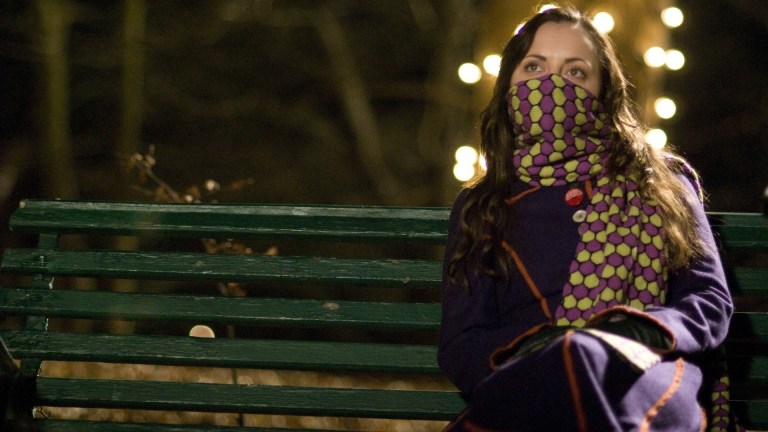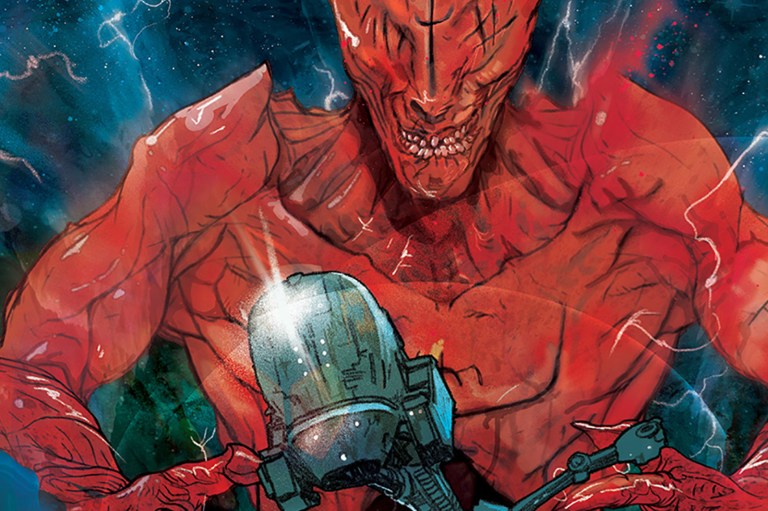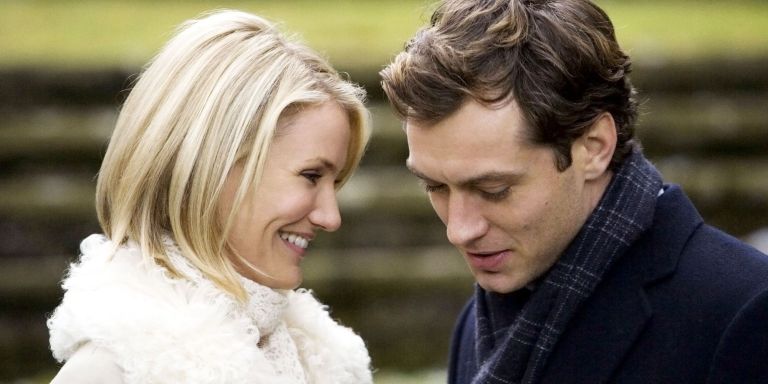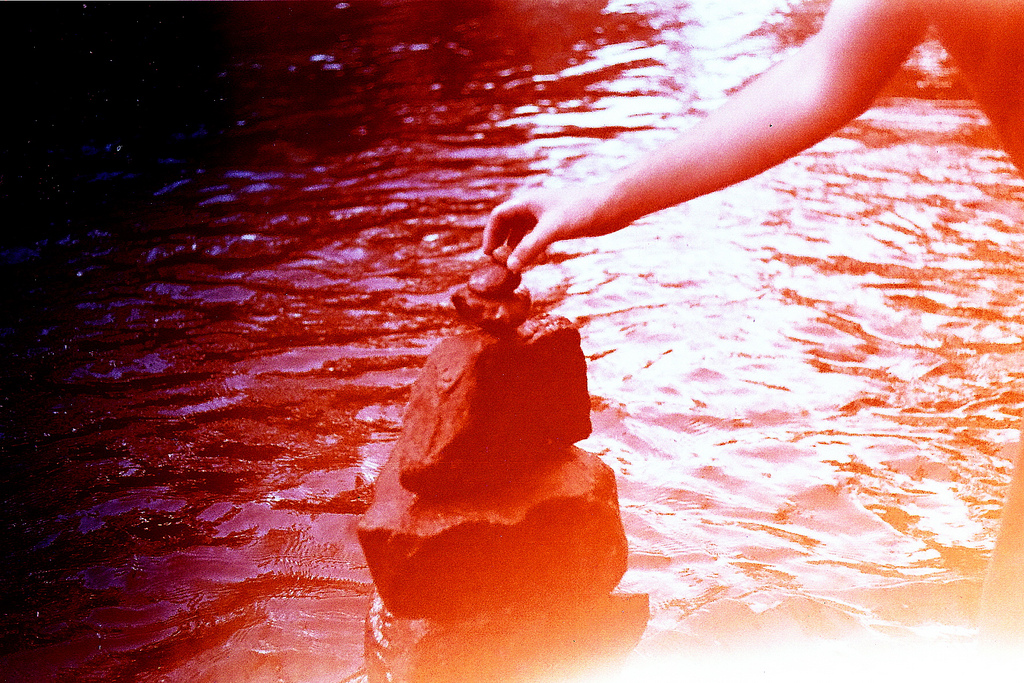
No One Knows You Like The Friends You See Twice A Year
These are the friends who greet you with an it’s-been-too-damn-long hug. The friends who knew you before you had sex, before you had a title and a desk and a commute.
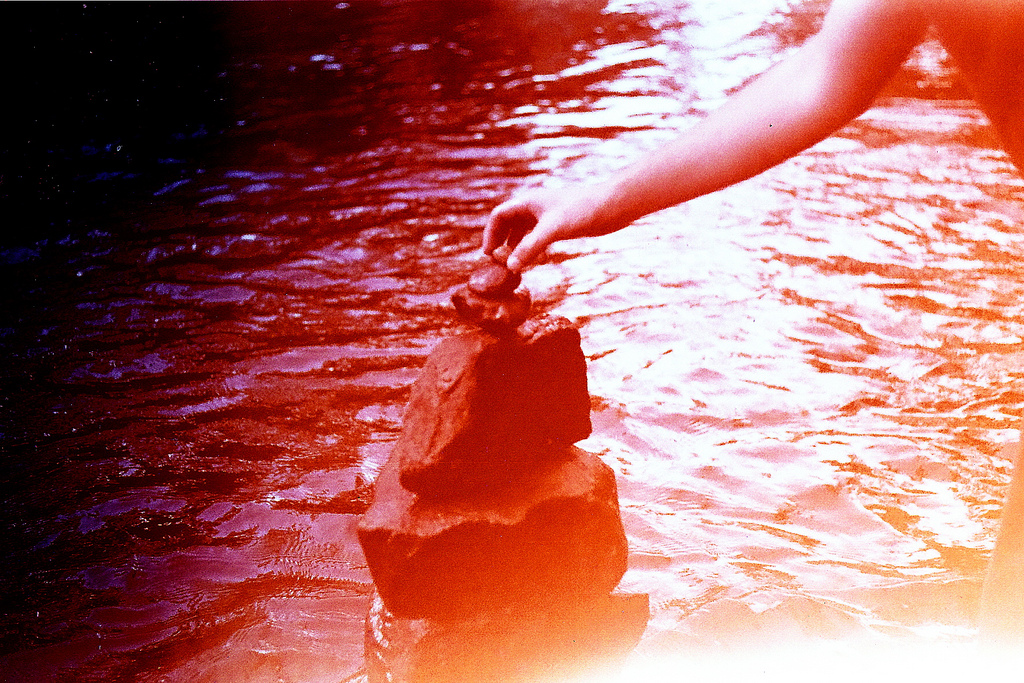
You see each other on Thanksgiving, and maybe once in early summer. They don’t live in your city, but they don’t live too far away. A two-hour bus ride. A drive as long as an album. A few episodes. You text when you’re on your way.
These are the friends who greet you with an it’s-been-too-damn-long hug. The friends who know your parents by their first names. The friends who giggled backstage with you during the middle-school musical. The friends who knew you before you had sex, before you had a title and a desk and a commute. The friends who used to let you take over their AIM accounts while they were in the shower. They listened to you talk about everything you wanted to do when you got out of that town, that high school, that finished basement.
Maybe there are three of you. You have a running group text, and it goes back years. In it, you’re trite, sentimental, unfunny, and definitely not grammatically correct. But you’re always embarrassingly honest. Unedited. Because if you can’t be honest with them, who can you be honest with, honestly?
They’ve seen you fuck up, get rejected, get drunk on Peachtree schnapps (or something equally disgusting) and throw it up when you were a little too old to be throwing up your liquor. They’ve replied to your rambly-as-fuck emails about that job you hate, or that guy who keeps running laps around the inside of your head. They’ve seen you on your neediest Saturday nights and your bleakest Sunday mornings. They know about the job interview you bombed, the crush you should probably get over, and the great big world-conquering idea you talked about for an entire brunch and never followed through on. They don’t see you every weekend, but they’ve known you long enough to fill a spiral notebook with a list of your mistakes—all of them, even the ones you keep repeating.
And they love you for it.
You’re on different trajectories toward different futures—toward things none of you could’ve foreseen when you were sitting across from each other in tenth-grade chorus. In another five or ten years, you’ll each get married and move to the suburbs, or into bigger apartments in buildings with courtyards and little tiled lobbies. Different cities, states, job titles. The distance between you will grow. The bus tickets, or plane tickets, will be more expensive. You’ll have to schedule your visits. Put them on your calendar, take a day off work, pack. Each of you will turn your attention toward kids and highways and desks and offices. Your schedules will become cluttered with pieces of the lives you’ve built for yourselves.
If you don’t see each other twice a year, hopefully you’ll still see each other once. Once a year would be okay with you.
Because no matter who else you become, or how much you have to twist and package and cover and polish yourself to survive in the world, you’re always the same to those friends you see twice a year. In a glance or a joke or a shoulder squeeze—or even a text message—those friends can disappear all your masks. All the small talk and career bullshit and namedropping and self-awareness you’ve accumulated in an effort to be more ~adult~. All the judgments and labels and boxes. To the friends you see twice a year, you’re always fourteen. That kid falling asleep on the school bus, or opening a beer for the first time.
And with every new friend you make, you compare. Do they give you the benefit of the doubt like the friends you see twice a year? Do they hug you like the hugs you get twice a year? Do they accept silence, and sitting in the same place for an entire day doing nothing but nothing—like the friends you see twice a year? Do they get you—like, fundamentally get you, in a way only someone who saw you fumble through puberty can?
There’s a kind of friendship that goes deeper than fun. A kind of friendship that means more than dinner at a trendy restaurant or a weekend rager at a cabin somewhere. There’s a kind of friendship where everything you do can be boring, everything you say can be cliché, everything you eat can be the same dumb salad or takeout pad see ew you’ve eaten for years and years of catch-up dinners—and no matter how old or stale it may actually be, it feels new every time. ![]()
